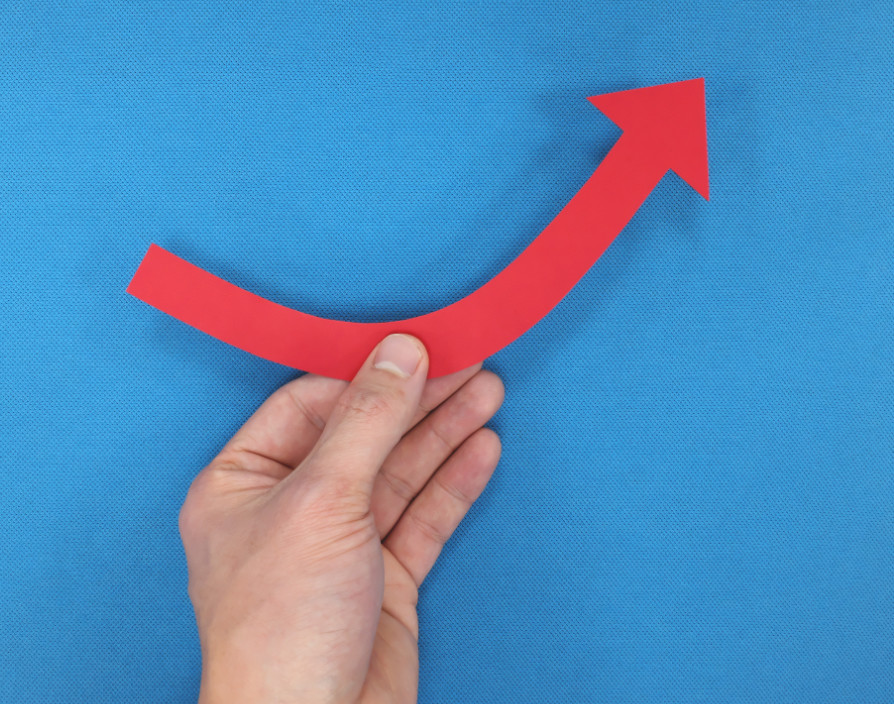The last two years have brought a rollercoaster of fortunes for small businesses. Each time it seems a corner has been turned, another hurdle has arisen.
There is hope that 2022 will be calmer and kinder. But even if this is the case, how can small businesses recover from a crisis this big?
This is the subject of the ‘How To Recover’ report – developed by Small Business Britain in partnership with TSB ‘ which aims to unearth the secrets of small business success, and most critically for this point in time, to create a roadmap for how small businesses can return to growth and optimism.
Our research found that 50 per cent of small businesses felt their financial stability has taken a hit from setbacks over the last year ‘ whether it was the impact of lockdown, or hurdles such as higher costs, delivery challenges and additional complexity around import, export, staffing and more. The emergence of Omicron also ushered in havoc for virtually every sector, particularly those banking on the festive season to drive revenues.
It would be great if there was a magic formula to get back onto the road to recovery. Sadly, there isn’t one for the biggest crisis of our generation. However, we offer in the report a plan that can help small businesses find a way forward, based on insights from thousands of entrepreneurs that have done just that and succeeded.
It always astounds me how business owners keep coming up with new ways to move forward, and surprising solutions that can make big differences. Our findings particularly showed that innovation is a key a driver of resilience. Over half (54 per cent) of small firms introduced new, emergency revenue streams to survive the last year. And this stems from the fact that more broadly over half (51 per cent) developed a new product, service, or route to market to help them get through the pandemic.
Alongside this, there are a host of other key steps that entrepreneurs can take to turn their fortunes around; from contingency-planning, to focusing on accessing greater support, growing skills and collaboration.
Yet when it comes to finding a way through and out of a crisis, a common theme emerges – a growth mindset. Now, much has been written about growth mindset, and it can sound over simplified and maybe a bit jargon-y. Really at its core though it is an ability to see yourself and your business as a work in progress and not a finished article. This can be helpful at many points in the business journey.
But applying a growth mindset is, to me, one of the key ingredients needed for navigating recovery from this pandemic. It is the switch that needs to be flicked to power many of the other techniques required. It can provide the impetus to get new skills, (and has undoubtedly driven the explosion in transformative digital skills in the last two years). It can give you the courage to change things about your business that might have been that way for years, or even in some cases generations. The growth mindset will keep pushing you to do what it takes; to look for more and ask for help, because we can none of us navigate these difficult times on our own.
It is not, of course, very helpful to tell businesses to simply apply a growth mindset, and hope that will do the job of stimulating recovery. We need more than that. We need ways to get into that mindset. We need tools and tricks and ideas and role models that can lead the way into this mental place. We need ideas for tangible actions that can be taken, right now, for businesses to start changing their direction and their fortunes.
But with the right mindset and the help of support networks, innovations like technology and new products and services, small businesses can make it through this crisis and be well positioned for recovery.
The ‘How to Recover’ report is available to read here https://smallbusinessbritain.uk/how-to-recover
“
Share via:









































